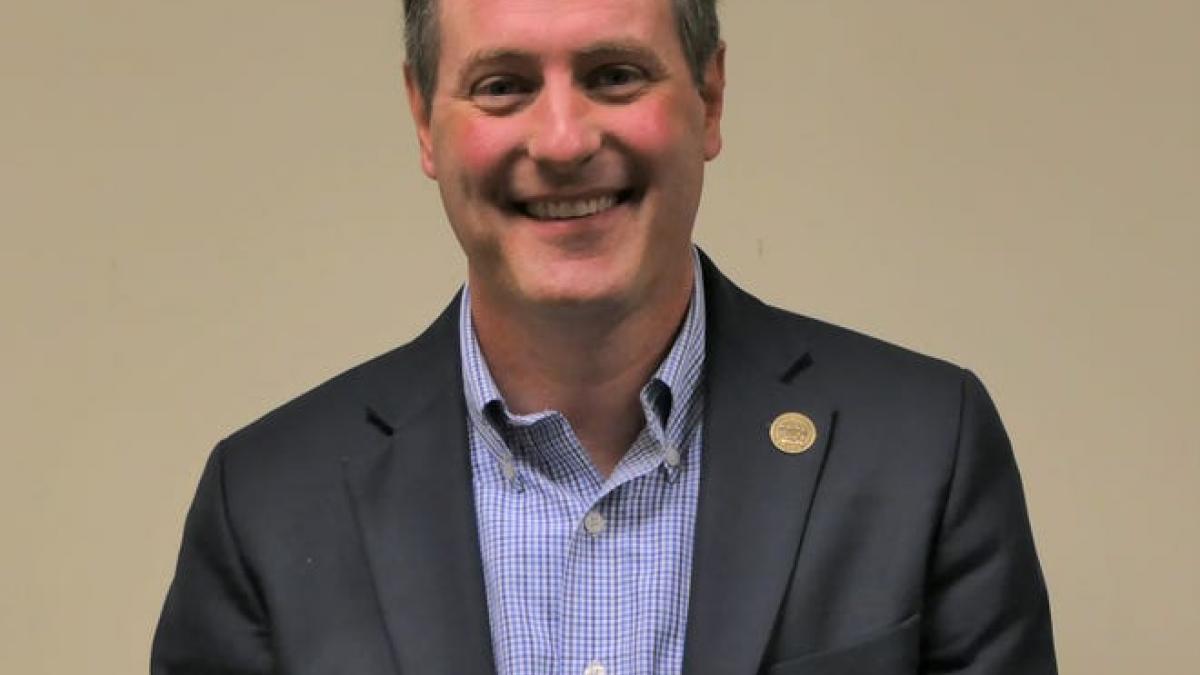U.S. Rep. Tracey Mann finds inflation, executive orders and the labor shortage troubling for farmers in Kansas

Having grown up on a farm in western Kansas, U.S. Rep. Tracey Mann keeps his hand on the pulse of agriculture and serves on the House's agriculture committee.
Earlier this week, Mann introduced legislation to halt the 30 by 30 portion in President Joe Biden’s Jan. 27 executive order. To Mann, this plan is ambiguous and lacks set parameters.
Other agricultural concerns high on Mann's list include the possible elimination of the stepped-up basis, inflation, a shortage of workers in Kansas and the need for expansion of broadband in rural communities.
“We’re just really concerned with what we see happening,” Mann said. “There’s a lot going on in agriculture right now.”
30 by 30
On Jan. 27, Biden signed executive order 14008. Tucked inside that order was a small section about having 30% of the lands and waters in the U.S. under conservation by 2030. Two weeks ago, there was another report, which contained a little more detail.
The report was developed by the Departments of Agriculture, Commerce and the Interior, as well as the White House Council on Environmental Quality. It stated conservation efforts should support collaborative endeavors. But it does not say how this will be accomplished.
“It’s the big unknown. We don’t know enough details yet,” Mann said. “Dependent on how those details flush out, it could be minimal damage or devastating for the American farmer.”
The document does speak about private land, saying, "Efforts to conserve and restore America’s lands and waters must respect the rights of private property owners."
But because Kanas has only 2% of its land in government hands, and the document speaks of creating more parks, Mann is not sure if the government wants to take more land in the Sunflower State to increase its footprint to 30%.
Stepped-up basis
There are also many items hidden inside the American Families Plan. One component might hurt farmers the most. The "End capital income tax breaks and other loopholes for the very top" section proposes the elimination of inheritance savings. The report says, "the president would eliminate the loophole that allows the wealthiest Americans to entirely escape tax on their wealth by passing it down to heirs."
“Doing away with the stepped-up basis would be very damaging to farmers,” Mann said.
The report proposes that those beneficiaries going into the family business or family farm will be exempt from this practice. But if the family decides to sell, even just a portion of the farm or its equipment, their taxes could be based on current day fair market value — which with land, animals and equipment might be a hefty sum.
Inflation
Commodity prices are rising, but so are inputs. If a farmer needs feed, he or she must pay more. When they go to transport their cattle to the sale barn, travel expenses are increased as the cost of gas continues to rise. Mending fences or repairing a barn costs more today than one year ago, as the price of wood has escalated.
“Commodity prices are up largely due to increased trading,” Mann said. “The price of fertilizer and feed is up as well. Inflation is rising. We’ve got to make sure profits are up.”
Labor
Mann believes federal unemployment money is incentivizing people to stay home rather than go back to work.
Reps. Ron Estes, Jake LaTurner and Mann all reached out to Gov. Laura Kelly to opt out of these funds.